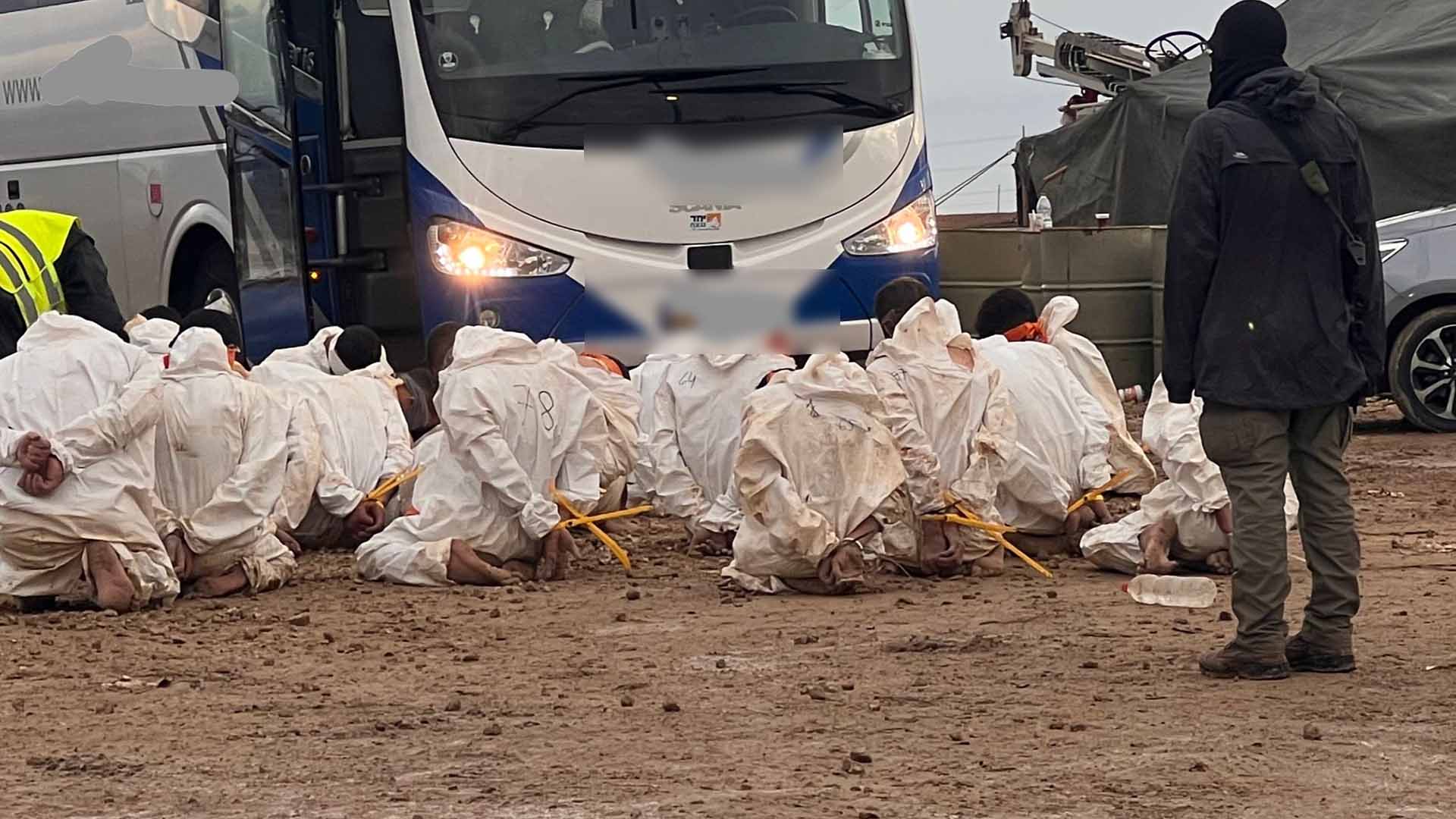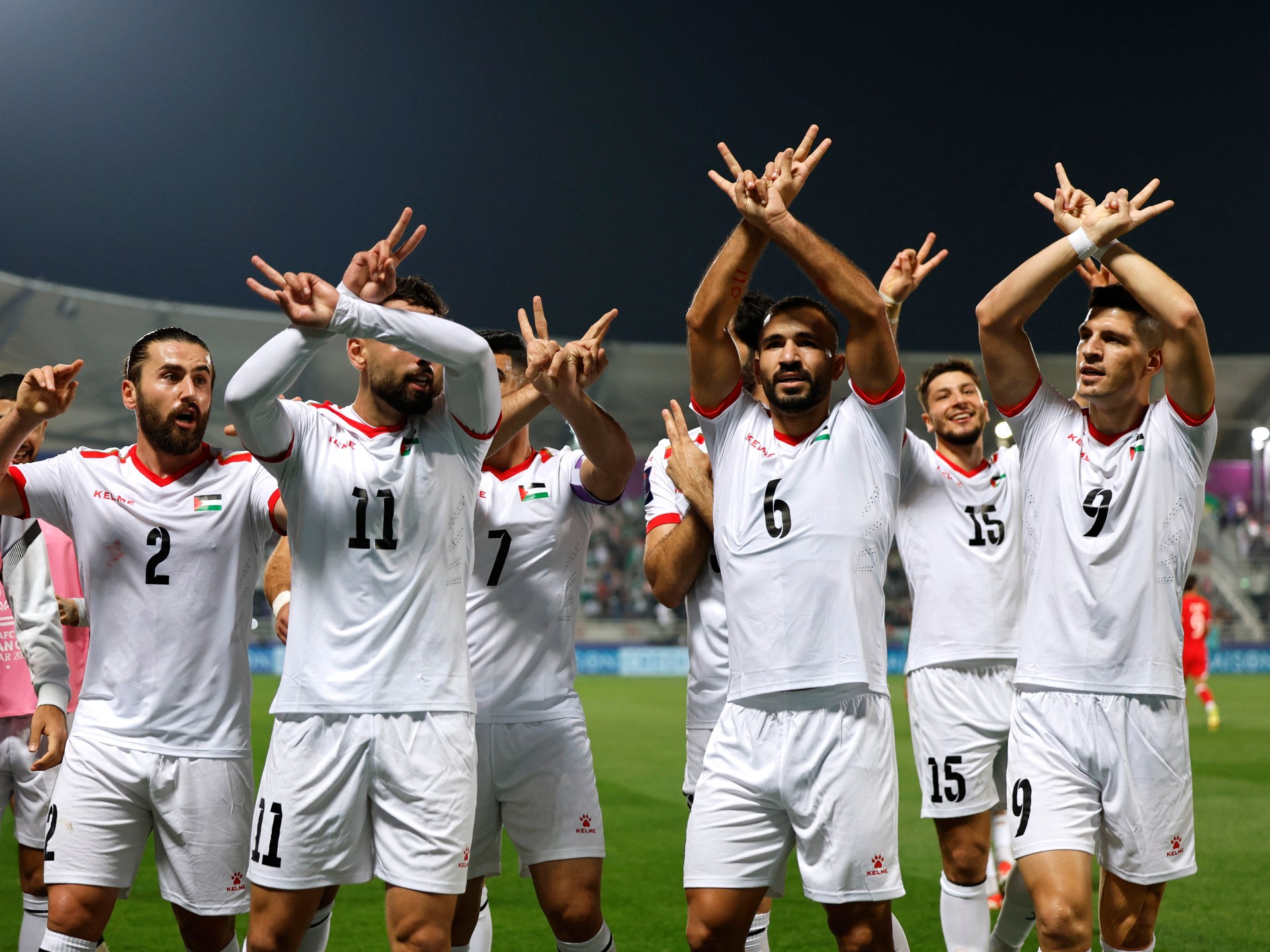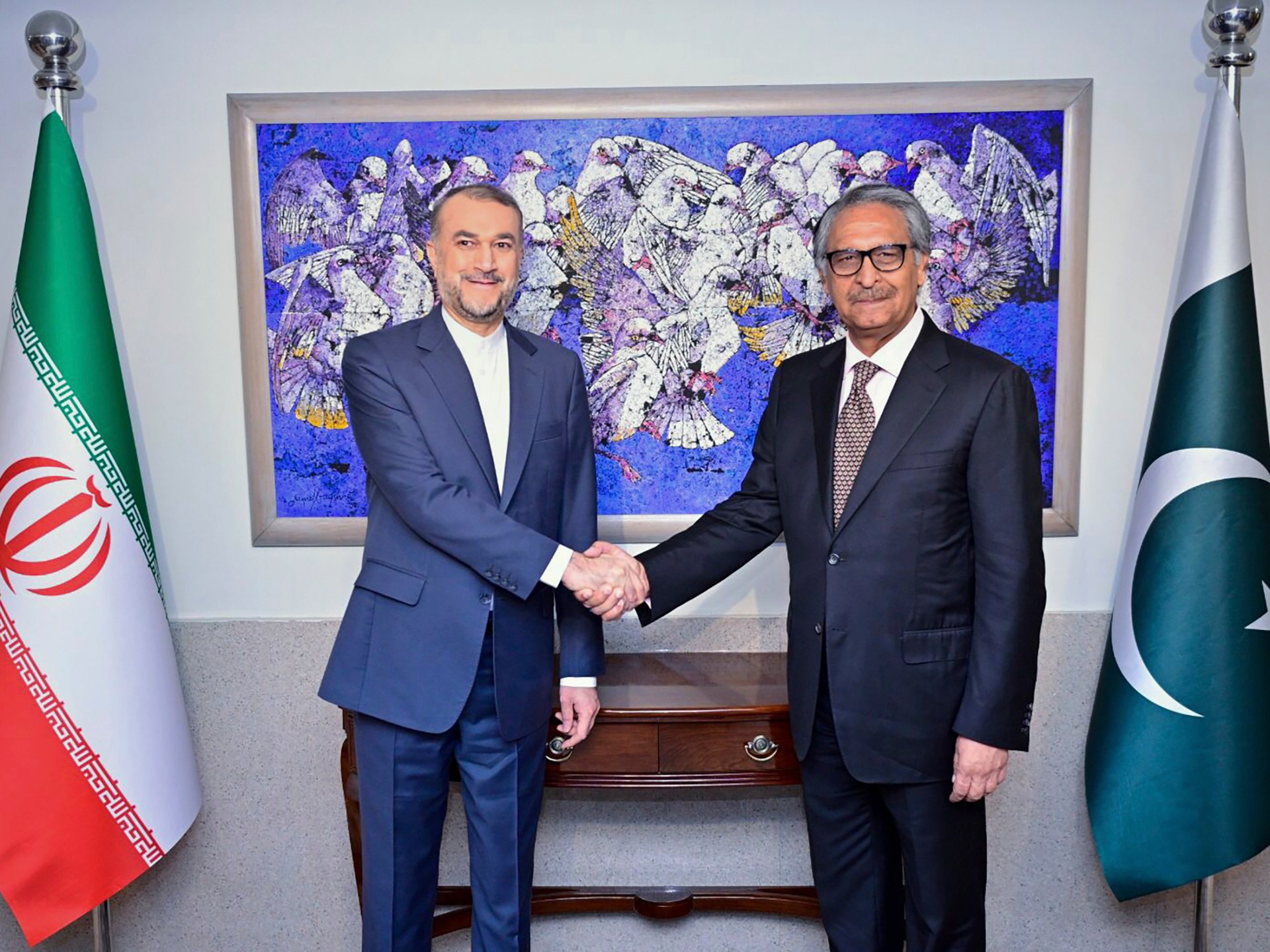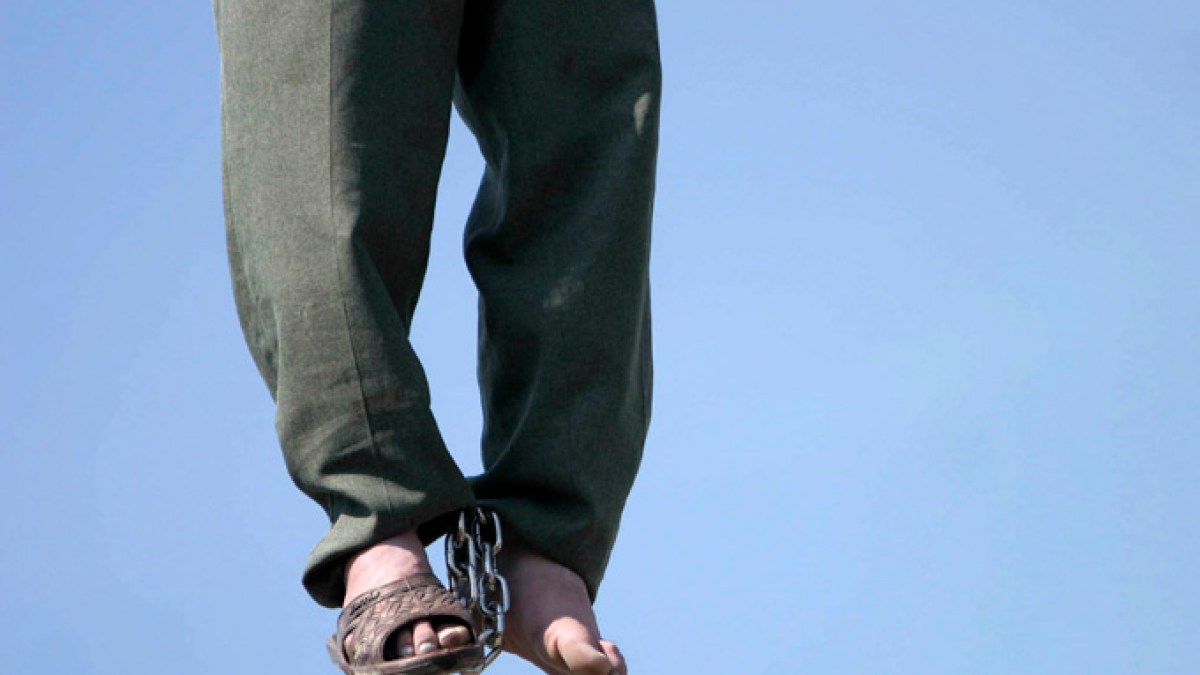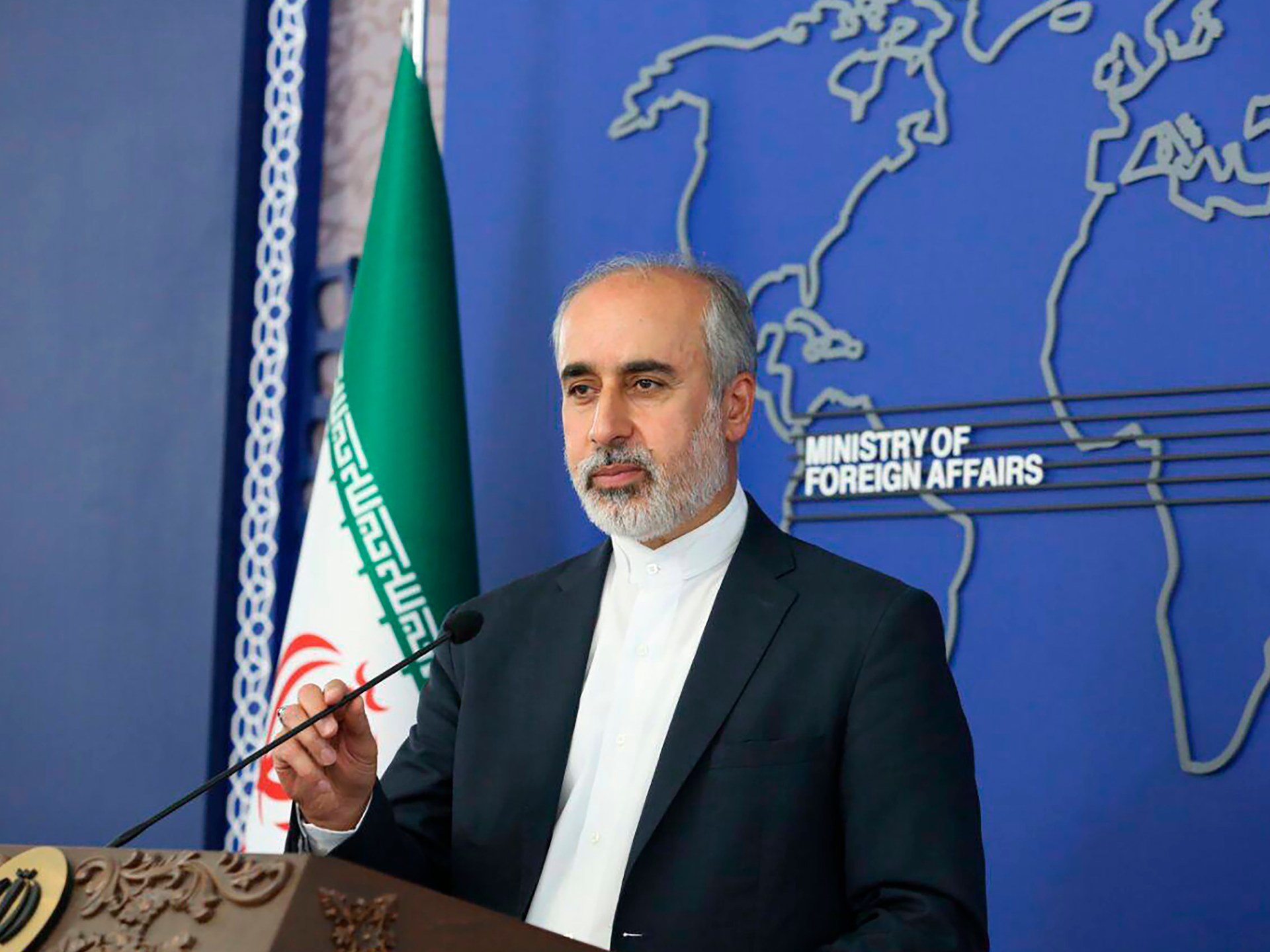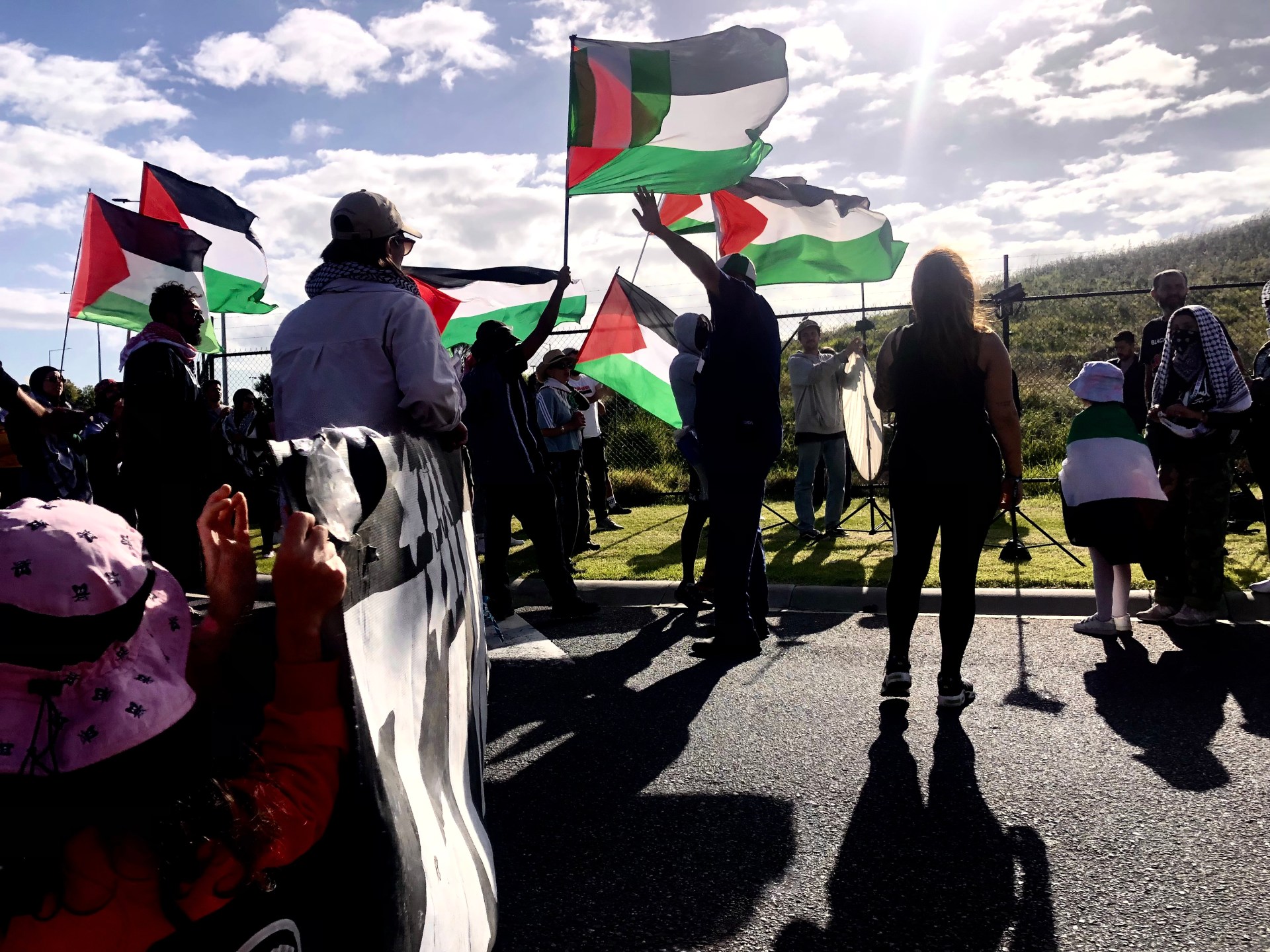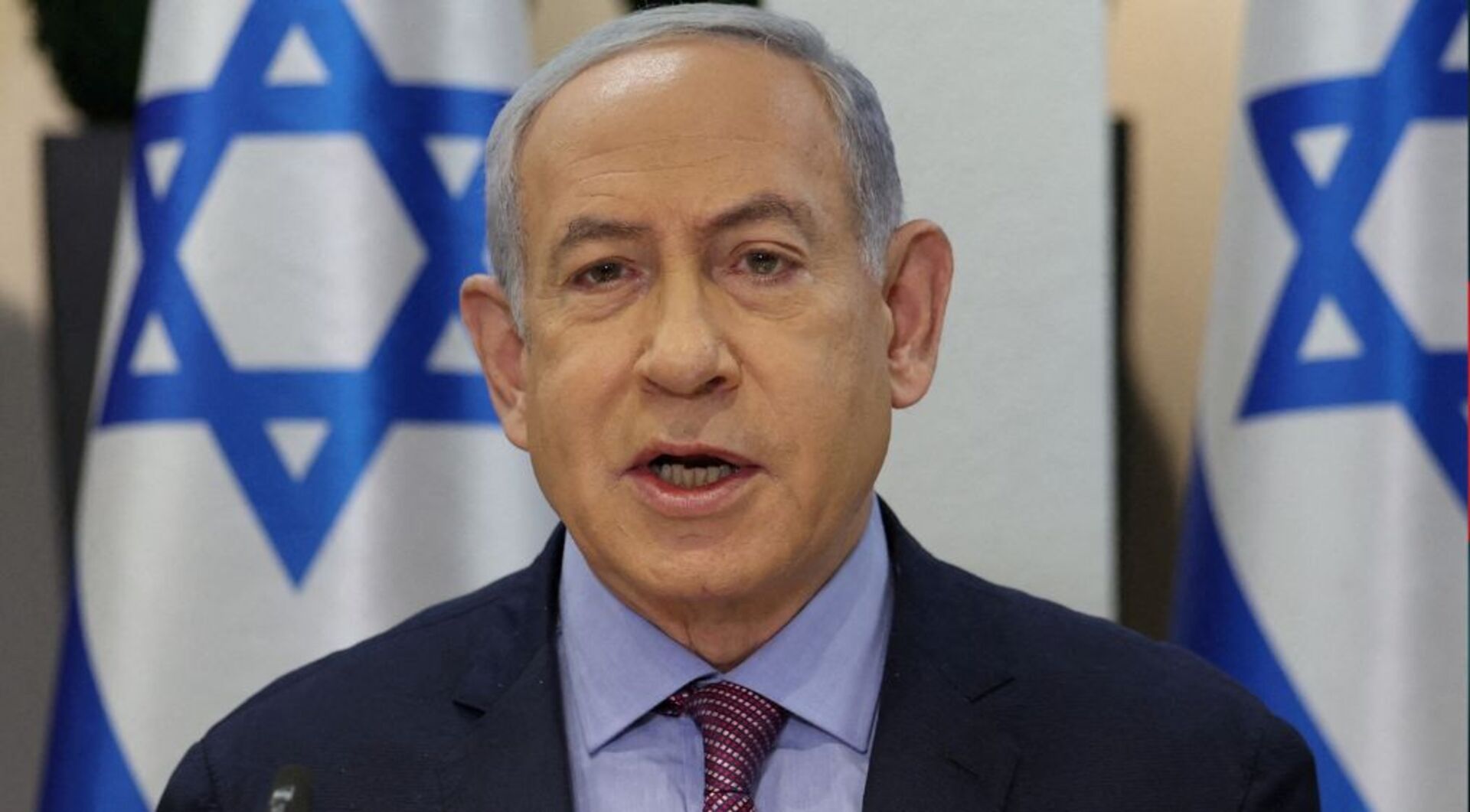US, Britain announce sanctions on network that targeted critics of Iran | Politics News
The United States and the United Kingdom have imposed sanctions on a network of people who targeted Iranian opposition activists for assassination under Iran’s orders, the US Treasury Department has said. The US Treasury said the network was directed by Iran’s Ministry of Intelligence and Security and put sanctions on…


